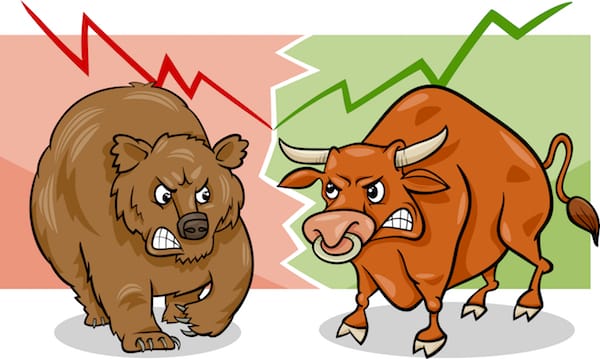

| Online: | |
| Visits: | |
| Stories: |
The US Stock Market is Highly Overvalued. Here’s why…
by Simon Black, Sovereign Man:
 This is really starting to get out of control.
This is really starting to get out of control.
No doubt you’re familiar with the S&P 500, the stock index that measures the performance of the largest US companies.
And as we’ve discussed before, one of the most important benchmarks in measuring whether stocks are overvalued or undervalued is the Price/Earnings, or P/E ratio.
Looking back through more than a century of financial data, the long-term average P/E ratio for the S&P 500 has been about 15.
As of yesterday afternoon, the P/E ratio for the S&P 500 stock index reached 26.5.
That’s high– more than 75% higher than the long-term average.
More importantly, since the 1870s, there have been a total of THREE periods in which the average stock P/E ratio was above 26.5.
The first time was around the Panic of 1893.
The second was around the 2000 dot-com crash.
And the third was around the 2008 financial collapse.
See the pattern? Whenever financial markets get overheated, bad things tend to happen.
It’s also important to consider that economic growth worldwide has been slowing.
Global trade growth, for example, is at its lowest level since the financial crisis.
And in the United States in particular, GDP growth was just 1.6% in 2016.
In fact the US economy has gone 11 straight years without seeing 3% GDP growth.
Slow economic growth is generally negative for corporate profits, so it’s difficult to imagine phenomenal earnings with such tepid economic growth.
As an example, HSBC is one of the largest banks in the world with operations in dozens of countries.
Two days ago the bank announced that profits had plunged 62% due to slow growth and uncertainty around the world.
That brings me to another major indicator of the stock market– something known as the “Buffett Valuation”.
The Buffett Valuation looks at the total value of the stock market relative to the country’s GDP.
Warren Buffet has called this ratio “probably the best single measure of where valuations stand at any given moment.”
Right now, for example, the total size of the US stock market according to Federal Reserve data is $22.6 trillion.
Meanwhile the total size of the US economy is $18.8 trillion.
This puts the Buffett valuation at around 1.2, meaning the stock market is about 20% larger than the entire US economy.
Historically speaking, this is expensive. Stock markets start getting into trouble when the ratio surpasses 1.0.
(The Buffett ratio was 1.11 before the 2008 crash…)



